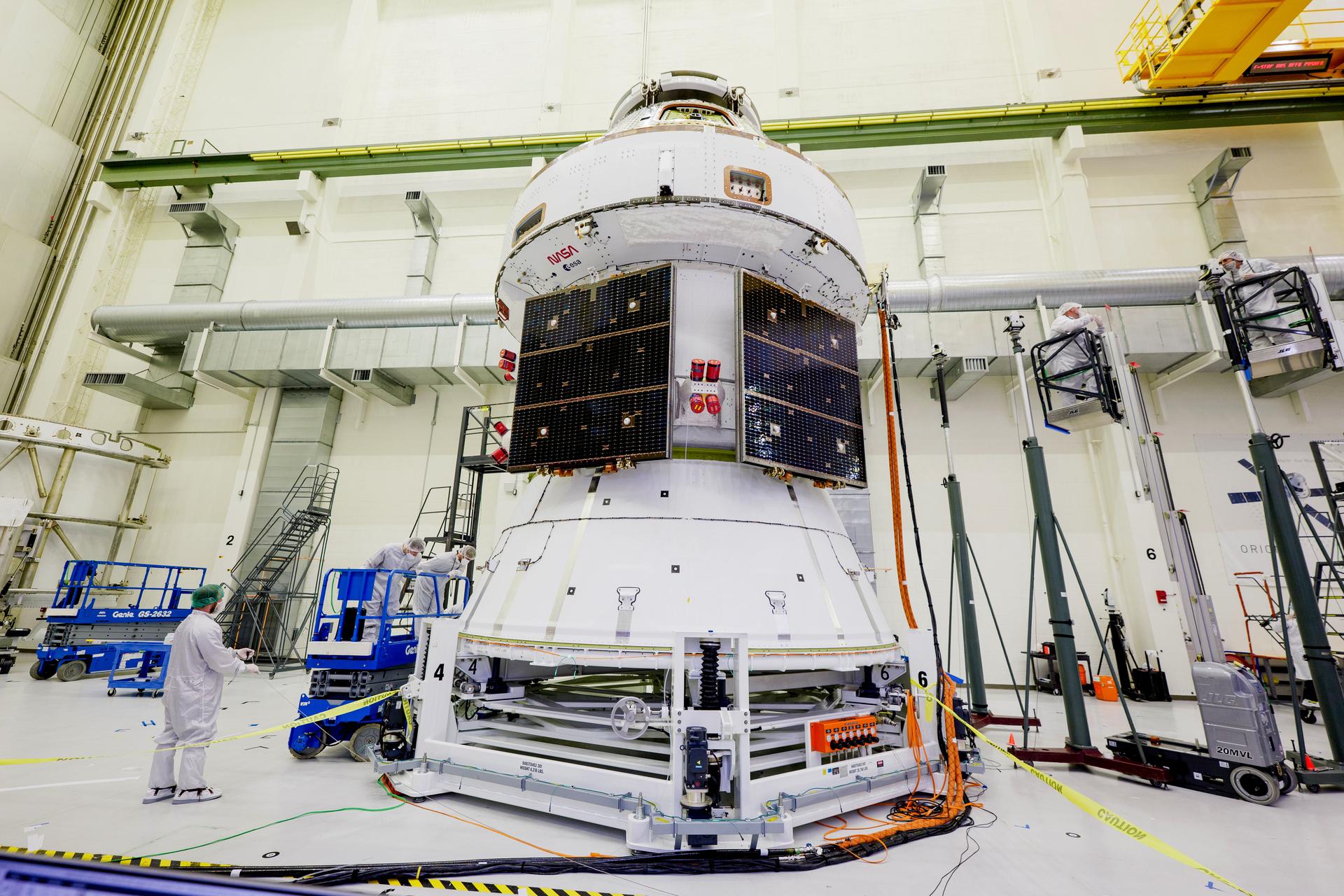An agreement to explore a private astronaut mission using the Orion spacecraft marks a significant step for Lockheed Martin in its plan to offer the spacecraft as a service. The announcement was made on September 30, 2023, during the International Astronautical Congress held in Sydney. Lockheed has partnered with BioAstra, a nonprofit organization, to study the feasibility of a mission that would conduct biomedical research beyond Earth’s orbit.
The proposed mission, named the Twin Astra mission, draws inspiration from NASA’s previous Twins Study. This study involved astronaut Scott Kelly, who spent nearly a year aboard the International Space Station, allowing scientists to compare changes he experienced in space with those of his twin brother, Mark Kelly, who remained on Earth. “This is the best natural experiment that biology gives us to use identical twins to understand what is truly happening to humans in space,” stated Savi Glowe, BioAstra’s chief executive, highlighting the importance of the collaboration.
Currently, the mission concept is in its infancy. Glowe mentioned that BioAstra intends to engage financial backers, including private individuals and potential corporate sponsors, to support the mission, though no specific timeline has been established.
For Lockheed Martin, this agreement presents a crucial opportunity to assess what adjustments are necessary for executing a mission on behalf of a non-NASA client. “If we’re going to execute a private astronaut mission or a commercial mission, this mission description gives us an opportunity to explore what needs to change on the pathway to commercialization for an Orion mission,” explained Bob Behnken, vice president for exploration product and technology strategy at Lockheed Martin Space.
The company had previously announced in July its intention to transition Orion into a commercial service model, a shift motivated by evolving policies at NASA. Lockheed currently builds Orion spacecraft under traditional contracts for NASA. In an interview following the BioAstra announcement, Tony Byers, director of strategy and business development at Lockheed Martin Space, discussed plans to incrementally introduce a services model to existing contracts.
The development of Orion for the upcoming Artemis 2 mission is currently under a cost-plus contract, but future missions are expected to transition to a fixed-price contract model. Byers indicated that NASA might continue to operate under the current model through Artemis 5, with a full service model anticipated around the Artemis 6 timeframe. “Between now and then, we’re starting the discussions of what incremental steps could we take,” he stated.
One of the potential changes includes transitioning responsibilities currently managed by NASA to Lockheed, such as spacecraft servicing and capsule recovery operations. Byers emphasized that the pace of this transition will depend on NASA’s willingness to delegate some of its current responsibilities. “Which mission does NASA envision switching and then what level of control does NASA want to have or exercise during the mission?” he asked.
In addition to the operational changes, the move to a services model introduces other complexities. The Orion service module is provided by the European Space Agency (ESA) under a barter agreement with NASA. Discussions are ongoing with both ESA and Airbus Defence and Space, the prime contractor for the service module, regarding potential collaborations under a services framework. Byers noted that technical modifications might be necessary to facilitate longer missions.
Lockheed is also exploring alternatives to the Space Launch System for launching Orion. This could involve a dual-launch strategy, where one rocket would carry Orion and another would transport a transfer stage to be docked in low Earth orbit before proceeding to the moon or other deep space destinations.
Despite moving towards a services contract, Lockheed anticipates that NASA will continue as the primary customer for Orion. However, there is potential for new clients to emerge, including countries interested in sending their astronauts to the moon and private missions like that proposed by BioAstra. “We do believe eventually that there will be a lunar and a deep space economy,” Byers concluded. “The question is, how long will it take to evolve, and what can we do under a service model to enable that to happen faster?”
